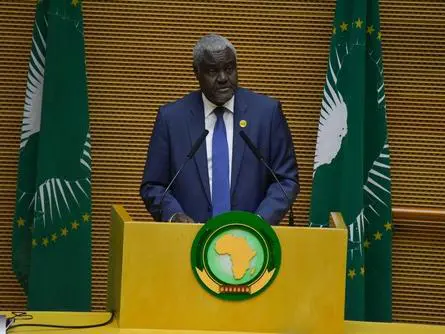German Chancellor Angela Merkel voted to keep Germany a strong industrial location and to secure German jobs on Wednesday as the European Commision launched an investigation into Germany's subsidies for big electricity consumers.
Speaking in her first speech after reelection at the lower house of parliament, Merkel said Germany will make clear that it wants to remain a strong industrial location and needs competitive companies.
"Europe won't be stronger if jobs in Germany are endangered," she noted.
Germany is pursuing an ambitious plan of energy transformation from nuclear power to green energy and has established a surcharge system.
Electricity users in the country are required to pay a subsidy to promote renewable engery sources, according to media reports.
But many consumers, especially energy-intensive companies have been granted reductions on their electricity bill.
The European Commission said this would distort competition within the EU market and is thus investigating whether Germany's system of subsidized electricity violates EU rules.
The EU probe, which could take more than a year, sparked criticism from the new German government as well as industry groups.
Ulrich Grillo, head of the Federation of German Industries, said the outcome of the investigation has significant impact on the future of Germany as an industrial location. Discounts cancellation would mean an immediate end for many companies and thousands of jobs, Grillo noted.
German industrial worker unions also voiced opposition,saying the European Commission is threatening the success of energy transition by opening the probe.
Sharp criticism also came from German Vice Chancellor Sigmar Gabriel, who is also in charge of the "super ministry" of ecomomy and energy. He believed there is no reason for the European Commission to launch an investigation into German laws related to renewable energy under the competition law, saying it is interfering in Gemany's national energy policy.
But Gabriel also noted the new government, who took office on Tuesday, will quickly work on a proposal for reforms on Germany's energy laws and is willing to coordinate with the European Commission if possible.
 简体中文
简体中文

